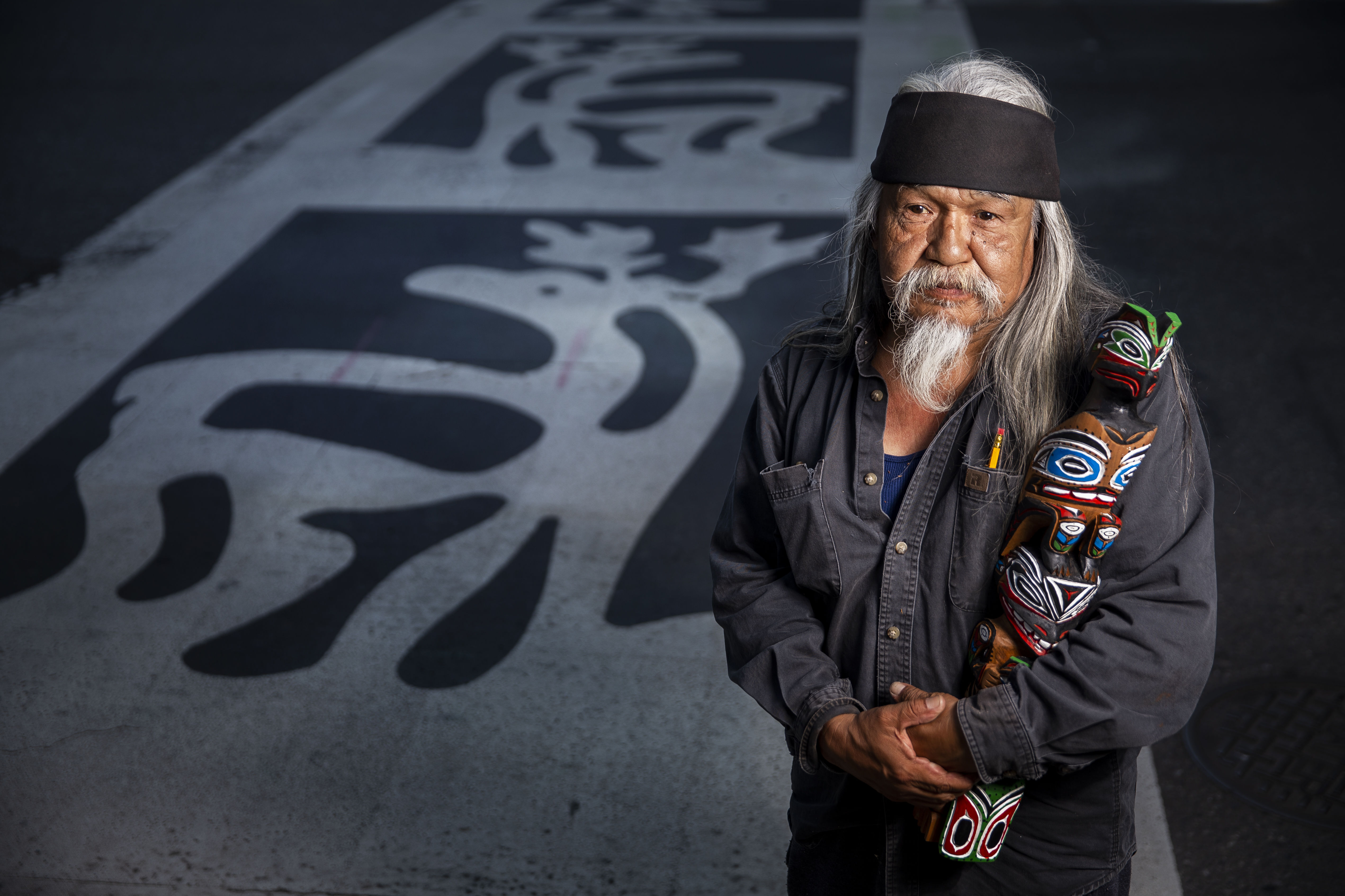One Question for Kshama Sawant: Are You Feeling "Hostile" ?
You don't have to read Jezebel, Bitch, or even Cosmo to know that calling a woman "hostile" is knee-jerk sexism.
In its report on John Okamoto's swearing-in speech yesterday—a speech which admittedly came with some built-in drama, thanks to council member Kshama Sawant's no-holds-barred criticism of the former Port administrator during his appointment last week—the Seattle Post-Intelligencer posted this archaic description of Sawant:
Having described Okamoto’s selection as “scandalous,” socialist Seattle City Council member Kshama Sawant did not warm to the occasion. She sent a message in hostile body language, not warming to Okamoto’s stated desire to work with her.
"Not warm" and "not warming" (i.e., cold) are worn sexist tropes as well.

One Question
Meanwhile, reporting on (or resorting to) something as subjective and amorphous as body language is a sneaky way to make up any storyline you want and supply your characters with whatever message fits the bill—without talking to the subject. In this case: Sawant, the supposed harsh ice queen.

For sure, Sawant's socialist rhetoric can sound robotic and redundant (and I've been happy to criticize Sawant over substantive issues). But when it comes to assigning motives to her demeanor without talking about issues, the P-I's report took strange editorial license.
I asked Sawant if she was feeling "hostile" or if she was trying to send a "hostile" message with her body language.
Here's what she said:
"I was not trying to send any message. I appreciated all the thoughts he [Okamoto] put forward in his speech. There was nothing in his speech that was troubling or concerning because it was made in broad strokes. All elected officials, regardless of what policy choices they end up supporting in a concrete way, will speak in the same language—'I want to fight for schools,' 'I want to fight for housing'—and I appreciate that. That's a good start. But I would say what concretely, like taxing big developers, are they going to vote for?"
"Ultimately, it's not about personalities or individuals. Contrary to what the corporate media might want to present, it's about policy issues.
"There is underlying sexism when someone talks about body language—when somebody talks about behaving in an unbecoming manner. You don't hear these things being said about men."
"I think that is not the most fundamental issue here, though. What's fundamentally at issue here is that there are political differences that corporate media people might have from me. And political differences that other elected officials might have from me. And often these differences are presented as if to say, 'Well, I agree with her on everything, but I just don't agree with the way she's saying it...or with her personality.'
"But are they going to come out and say I don't agree with her politically because I don't support these social justice changes?"
The P-I did have one indisputable, objective note about Sawant's reaction to Okamoto's speech, noting that "she did join in applause at the end."




